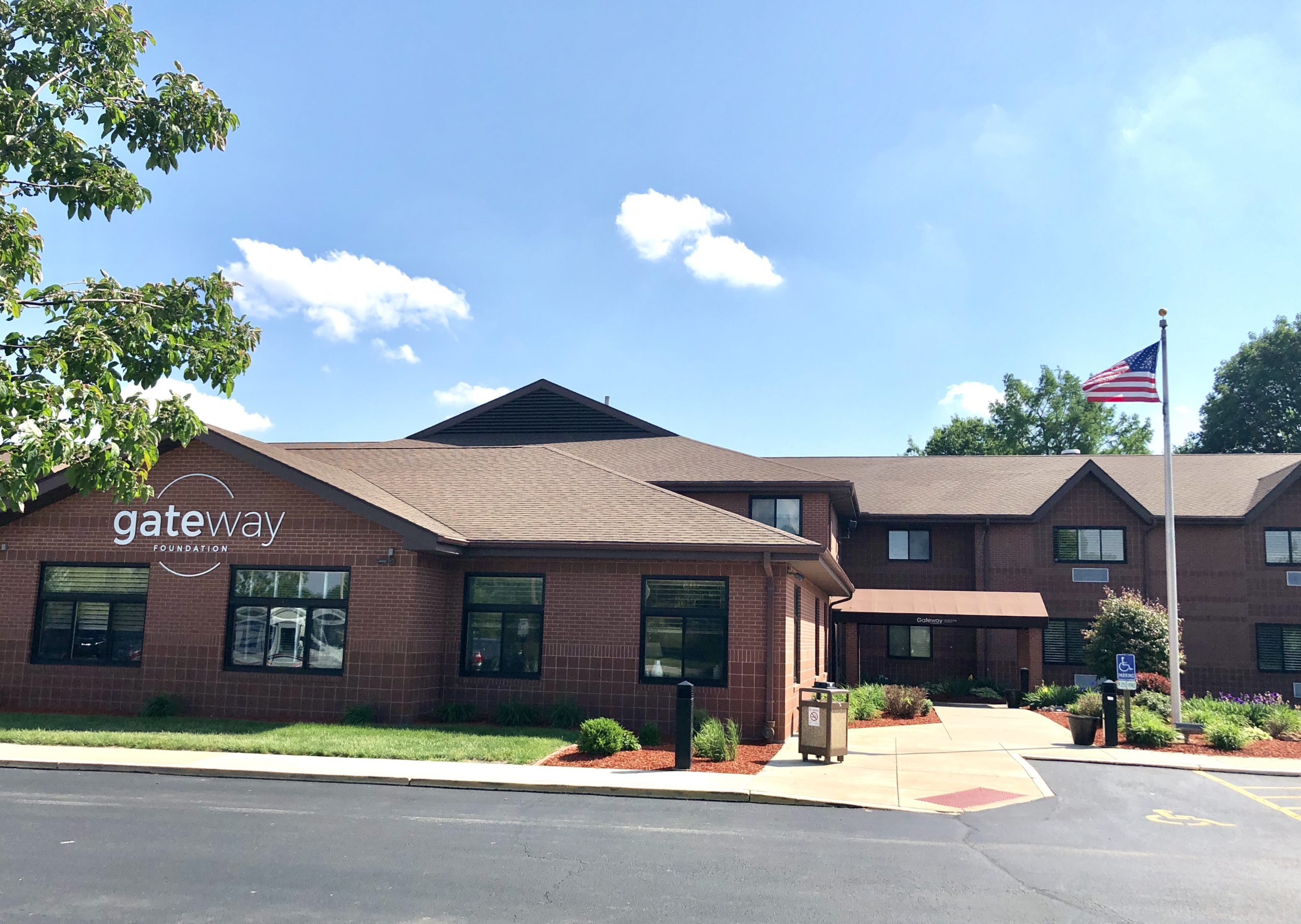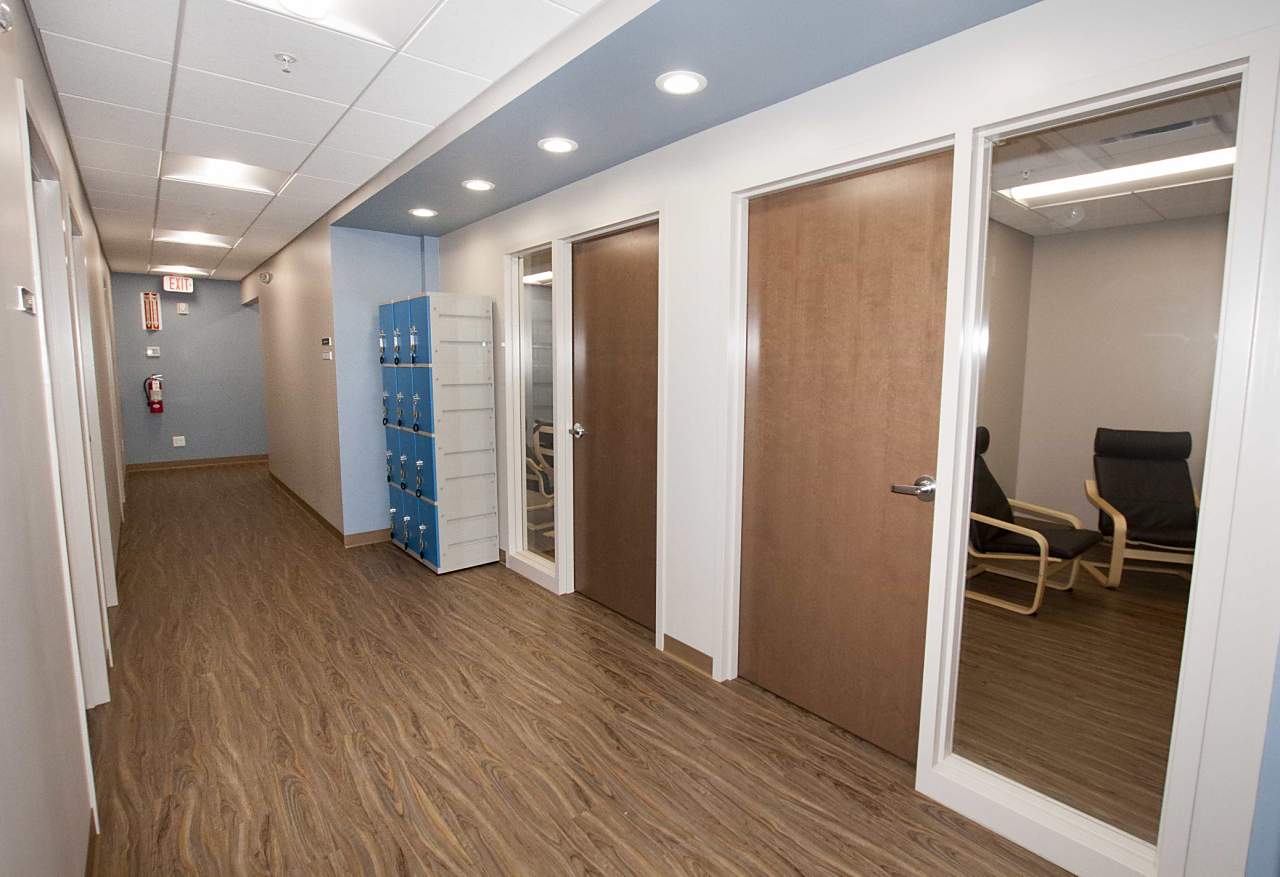New Origins Delivers Hope and Long-Term Recovery Support
New Origins Delivers Hope and Long-Term Recovery Support
Blog Article
Deciphering the Misconceptions and Facts Surrounding Addiction Therapy Options
You may think addiction is just a moral failing or that therapy only works after hitting rock bottom. But the reality is far more intricate. Dependency is a chronic disease that needs ongoing care, and treatment choices vary commonly. By comprehending the facts and misconceptions bordering these alternatives, you can much better browse the course to recovery. What you find may alter your point of view on seeking help and support.
Understanding Addiction as a Persistent Illness
Comprehending addiction needs acknowledging it as a chronic disease, just like diabetes mellitus or cardiovascular disease. You may think about addiction as an ethical failing, yet it is essential to see it with a medical lens. Much like any kind of persistent condition, addiction can entail modifications in brain chemistry and structure, leading to uncontrollable behavior.When you recognize dependency in this manner, it ends up being clear that treatment isn't about determination; it's regarding handling a complex wellness concern. This understanding can assist you find the appropriate therapy alternatives, whether that's medicine, treatment, or assistance groups.Recognizing addiction as a chronic illness also urges empathy, allowing you to sustain loved ones battling with it. You'll see that healing is typically a long-term process, calling for ongoing treatment and support. With this point of view, you can much better value the challenges dealt with by those affected and contribute to a much more supportive atmosphere for recovery.
Typical Misconceptions About Dependency Therapy
Lots of individuals hold false impressions about addiction therapy that can prevent recovery efforts. One common misconception is that dependency is simply a lack of self-discipline. This idea ignores the complicated nature of dependency as a chronic condition that influences brain chemistry. Another misconception suggests that treatment just functions if somebody strikes "all-time low." In truth, numerous people can gain from early treatment, making it essential to seek assistance earlier instead of later. Some additionally assume that rehab is a one-size-fits-all solution. Effective treatment is personalized and considers various elements like private demands and circumstances. Additionally, several believe that as soon as treatment is total, healing is ensured. Healing is an ongoing process that needs continued support and techniques. By disproving these myths, you can come close to addiction treatment with a clearer understanding, inevitably raising your chances of successful recuperation and a much healthier life.
The Value of Evidence-Based Techniques

Types of Therapy Alternatives Offered
After acknowledging the significance of evidence-based strategies in addiction therapy, it's crucial to explore the numerous alternatives offered to you. One prominent choice is inpatient therapy, where you remain at a facility for intensive care and assistance. This choice offers an organized setting, concentrating and decreasing distractions on recovery.Outpatient treatment, on the other hand, permits you to go to therapy sessions while living in the house, offering adaptability for work or family dedications. You might likewise consider medication-assisted therapy, which incorporates medications with therapy to deal with material use disorders effectively.Behavioral treatments, such as Cognitive Behavioral Treatment (CBT) and Dialectical Behavior Treatment (DBT), help you identify and change unfavorable idea patterns. Support groups, like Twelve step programs (AA) or Narcotics Anonymous (NA), deal area and shared experiences. Each option has its strengths, so it's vital to examine your preferences and needs to find the most effective fit for your healing journey.
The Role of Support Equipments in Recuperation
Support group play a crucial role in your recuperation journey. Engaging with family, good friends, and peer networks can supply the motivation and accountability you need to stay on track. When you surround on your own with a supportive area, you're extra most likely to get over obstacles and achieve long lasting adjustment.
Relevance of Community Assistance
Neighborhood support plays a necessary duty in addiction recuperation, as it promotes a sense of belonging and liability. When you surround yourself with others who comprehend your battles, you'll discover motivation and motivation to stay on track. Involving with assistance groups or community programs creates a secure space where you can share experiences and learn from each other. These connections help decrease sensations of seclusion, which frequently come with dependency. By participating actively, you obtain understandings and approaches that enhance your coping abilities. Plus, being part of a neighborhood allows you to celebrate turning points, enhancing your dedication to recovery. Inevitably, the cumulative toughness of a helpful network can make all the difference in your journey towards a healthier, sober life.
Family Participation in Healing
While several variables add to effective recuperation, household involvement usually stands apart as an essential aspect in the recovery process. Your family can provide a nurturing atmosphere that fosters understanding and empathy. When they proactively take part in your healing trip, they can aid you remain answerable and determined. Open up interaction permits you to share your ideas and sensations, assisting to reconstruct trust fund and reinforce bonds.Additionally, household participants can learn more about dependency and healing, making them better furnished to sustain you. Their support can assist you face difficulties and commemorate milestones along the road. Ultimately, having a strong family support group can greatly improve your possibilities of maintaining long-term sobriety and achieving a healthier, better life.
Peer Support Networks
Family participation can significantly boost your recovery, yet peer assistance networks also play an essential role in your journey. Connecting with others that share comparable experiences can offer you with encouragement, understanding, and camaraderie. These networks develop a secure area where you can freely discuss your obstacles and triumphes without worry of judgment.Engaging with peers in recovery aids you realize you're not alone, and it can motivate you to adhere to your objectives. Routine conferences and shared experiences foster liability, making it less complicated to browse challenging times. Whether via support teams or on-line forums, these additional reading connections can reinforce your willpower and offer useful suggestions. Welcome these networks; they can be a lifeline in your recuperation procedure.
Customized Treatment Strategies: Why One Dimension Does Not Fit All
Dependency treatment isn't a one-size-fits-all remedy; it needs a tailored technique that considers your unique situations and needs. Everyone's journey via dependency is different, affected by elements like personal history, psychological health and wellness, and support group. That's why an individualized therapy plan is essential for your success.When you participate in a personalized plan, experts can identify specific triggers and challenges you deal with. This enables them to advise therapies and treatments that reverberate with you, whether it's cognitive-behavioral therapy, medication-assisted therapy, or all natural approaches.Moreover, your choices and way of living play a considerable duty in the treatment procedure. You're much more most likely to stay devoted to a plan that feels right for you. Do not resolve for common remedies; advocate for a therapy path customized to your specific demands. Bear in mind, the much more tailored your method, the higher your opportunities for lasting healing.
Continuous Recovery: The Journey Beyond Therapy
Recovery doesn't end when therapy mores than; it's just the start of a lifelong dedication. Developing a strong support group can make all the difference in handling difficulties and preventing seclusion. You'll need effective coping strategies to take care of moments of isolation along the method.

Assistance Solutions Matter A Lot Of
While steering the journey past therapy, having a strong support group can make all the difference in your continuous recuperation. Surrounding yourself with people who recognize your battles and goals creates a safeguard. Pals, family, and assistance teams can provide inspiration when you deal with obstacles. They provide accountability, helping you stay committed to your recovery trip. Sharing experiences with others that've strolled a comparable course can infuse hope and strength. Keep in mind, it's fine to lean on them; you're not the only one. Look for out links that uplift you, and be open regarding your feelings. Cultivating these partnerships cultivates a sense of belonging, which is crucial for maintaining your development and guiding through the ups and downs of recuperation.
Long-lasting Dedication to Recovery
Accepting a lifelong commitment to recovery implies identifying that the trip does not finish after therapy; it's a continuous procedure requiring dedication and self-awareness. You'll discover that preserving your healing entails day-to-day options and continuous individual growth. It's vital to develop regimens that sustain your wellness and reinforce the lessons discovered throughout therapy. Remaining gotten in touch with your support system, whether through treatment, support groups, or friendships, can offer responsibility and inspiration. Be proactive in dealing with triggers and challenges as they occur, and don't wait to seek help when needed. Keep in mind, recuperation isn't nearly abstaining from substances; it has to do with building a fulfilling life that aligns with your values and objectives. Accept this journey, and celebrate your progress in the process.
Coping Methods for Solitude
Really feeling lonesome during ongoing recuperation can be tough, especially as you browse the modifications in your life. To cope, attempt reaching out to encouraging close friends and household. They can remind you that you're not the only one in this journey. Think about joining support system where you can connect with others encountering comparable struggles. Participating in tasks or pastimes you enjoy can also aid inhabit your mind and foster links. Volunteering is another terrific method to fulfill brand-new people while providing back to your area. Finally, don't underestimate the power of self-care; practicing journaling, mindfulness, or meditation can assist you refine your sensations. Bear in mind, it's fine to look for expert help if solitude becomes frustrating. You are entitled to assistance as you continue your healing trip
Regularly Asked Questions
Can Dependency Be Treated Without Professional Assistance?
Yes, dependency can be taken care of without expert assistance, yet it's challenging. You'll need solid support group, self-discipline, and efficient coping approaches. However, looking for professional support substantially enhances your chances for successful recuperation and long-term change.
What Function Does Household Play in Therapy Success?

Are Different Therapies Efficient in Dealing With Dependency?
Different treatments can be reliable in treating addiction (New Origins Addiction Treatment Center). You could discover yoga exercise, mindfulness, or art treatment useful, as they supply holistic methods that match standard approaches, aiding you manage tension and promote general health
For How Long Does Addiction Treatment Generally Last?
Addiction therapy generally lasts anywhere from a few weeks to several months, depending on your needs. It usually includes support, treatment, and detox teams, all customized to assist you accomplish long-term recuperation and health.
What Occurs if Treatment Doesn't Function?
If therapy does not function, you may feel inhibited, but it's important to reassess your options. You can discover various therapies, support system, or perhaps a different approach to locate what truly resonates with you.
Conclusion
To summarize, comprehending addiction as a persistent disease is essential in dispelling misconceptions regarding therapy. By recognizing that efficient recuperation requires evidence-based strategies and individualized care, you can take the very first steps towards healing. Bear in mind, it's fine to seek aid and lean on support systems as you navigate your trip. Recovery isn't a location but a recurring process. Welcome the course in advance, and know that with the right devices and assistance, you can accomplish lasting change. Several people hold misconceptions regarding addiction treatment that can impede recovery initiatives. Additionally, lots of think that as soon as treatment is full, recovery is ensured. Recuperation does not end when treatment is over; it's simply the beginning of a lifelong dedication. While steering the journey beyond therapy, having a solid support system can make all the distinction in your continuous recuperation (New Origins Addiction Treatment Center). Embracing a lifelong dedication to recuperation indicates identifying that the journey doesn't finish after therapy; it's a continual process needing commitment and self-awareness
Report this page